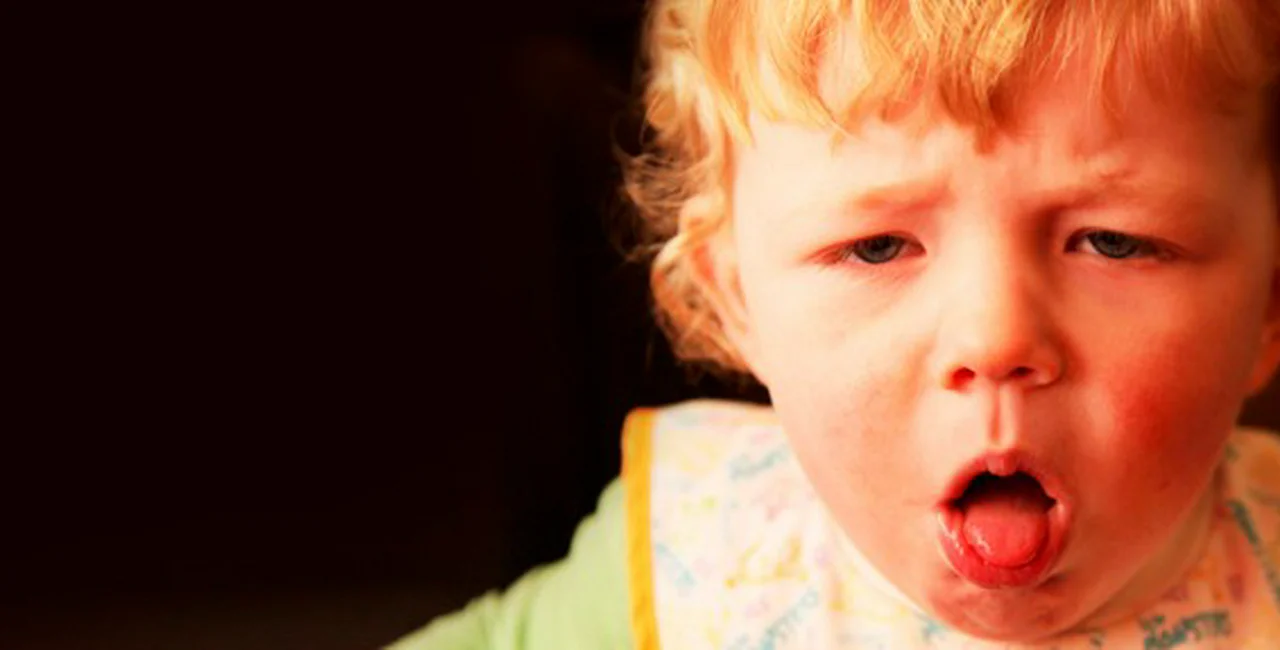PARTNER ARTICLE
We know it from pre-War novels and what our grandmothers told us. Commonly known as whooping cough (černý kašel in Czech), as an illness we had almost consigned it to the past. Now, however, it has unfortunately returned. It is caused by the Bordetella peterussiscteria, is transmitted by droplet infection and in terms of incidence, is rising every year.
As the name would suggest, the illness is manifested in a fierce, nauseant cough. The whooping cough bacteria emit a toxin that attacks the tissue in the bronchial tubes, causing unpleasant, aggressive coughing that can last up to several months.
The microbes take up a position in the nose and nasopharynx during the first stage of the illness and the patient begins to cough. At this stage, which lasts roughly seven to ten days, the illness can be influenced by antibiotics and detected with a throat swab and bacteria cultivation. The infection then moves on to the second stage, during which there are unexpected fits of very irritating coughing accompanied by breathlessness, retching and even cyanosis among children. This stage lasts an average of 4 to 8 weeks, before the cough gradually disappears. The illness is very unpleasant and can truly torment the sufferer.
“The sufferer first feels a permanent scratching in the throat, then an intensive, irritating cough that literally forces him to be sick. And there is nothing you can do about it. Medicine has no effect on this cough. Nothing that helps with a normal cough works. You cannot sleep at night. It is as if someone keeps tickling your throat with a brush. The coughing comes in intensive waves and the sufferer can literally cough for months. It is exhausting and has a radical impact on life,” says Magdaléna Kreimová, paediatrician from Canadian Medical Care, who has come across whooping cough at her practice.
Whooping cough is on the rise in many European countries and nobody is entirely sure why the illness is now returning. Experts most often ascribe the higher incidence of infections to changes in the properties of the microbe, but there is also talk of the lower effectiveness of the vaccine, which has different ingredients than before as a result of attempts to be more gentle. The illness spreads relatively easily through the air and is helped by the fact that, at the beginning, when the illness is at its most infectious, nobody knows they have whooping cough because at the start, the infection manifests itself as an unspecific inflammation of the upper airways. Catching the illness is also complicated by the relatively expensive tests involved.
Luckily, whooping cough is not fatal to adults, but it can have lethal consequences for small children. That is why doctors recommend vaccination every ten years or so and, as a means of protecting unvaccinated babies, the Cocoon strategy, whereby all the people in the close surroundings of the baby are vaccinated.
Related articles












 Reading time: 2 minutes
Reading time: 2 minutes 




















